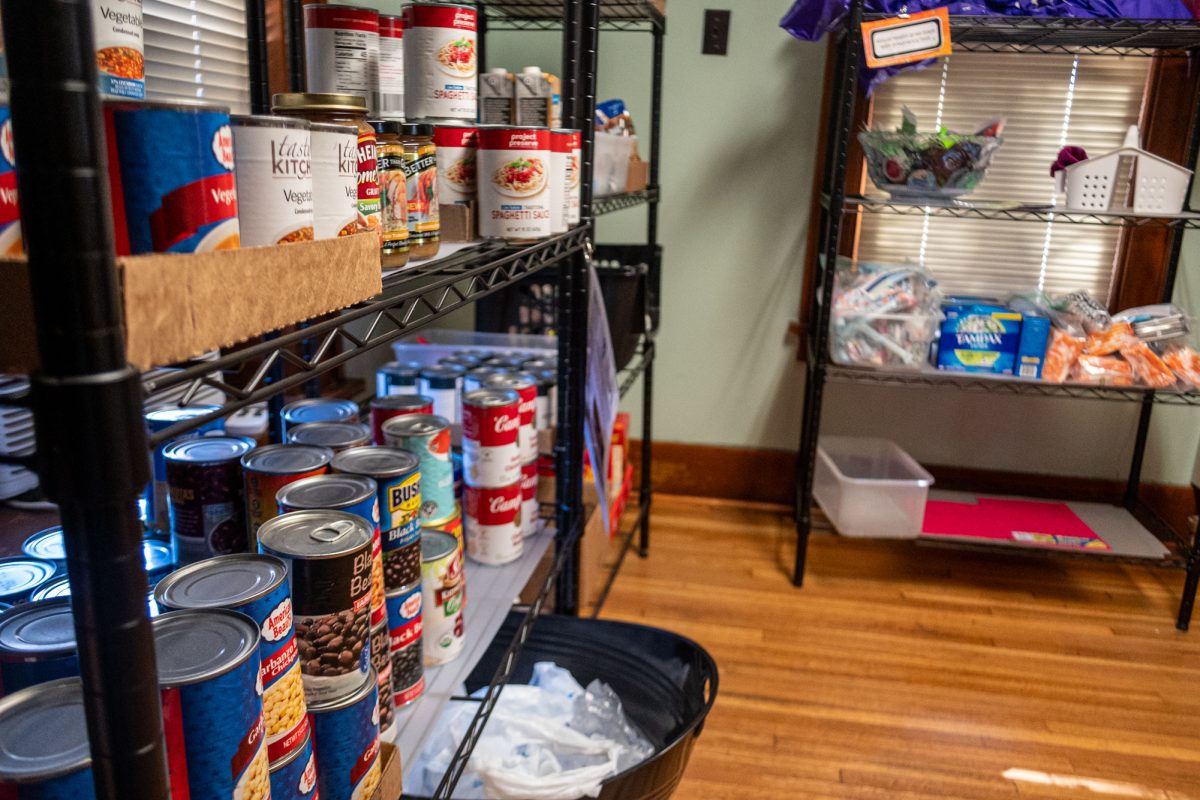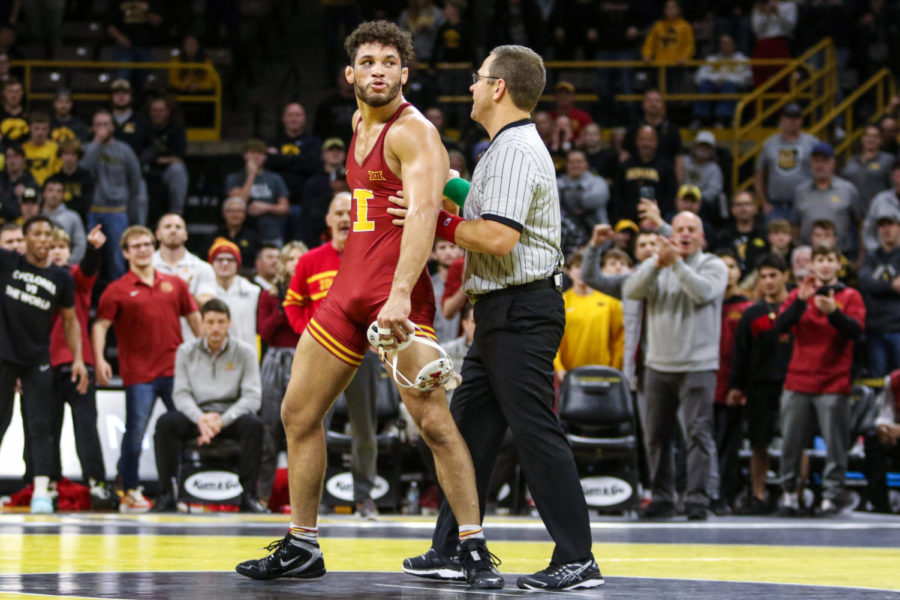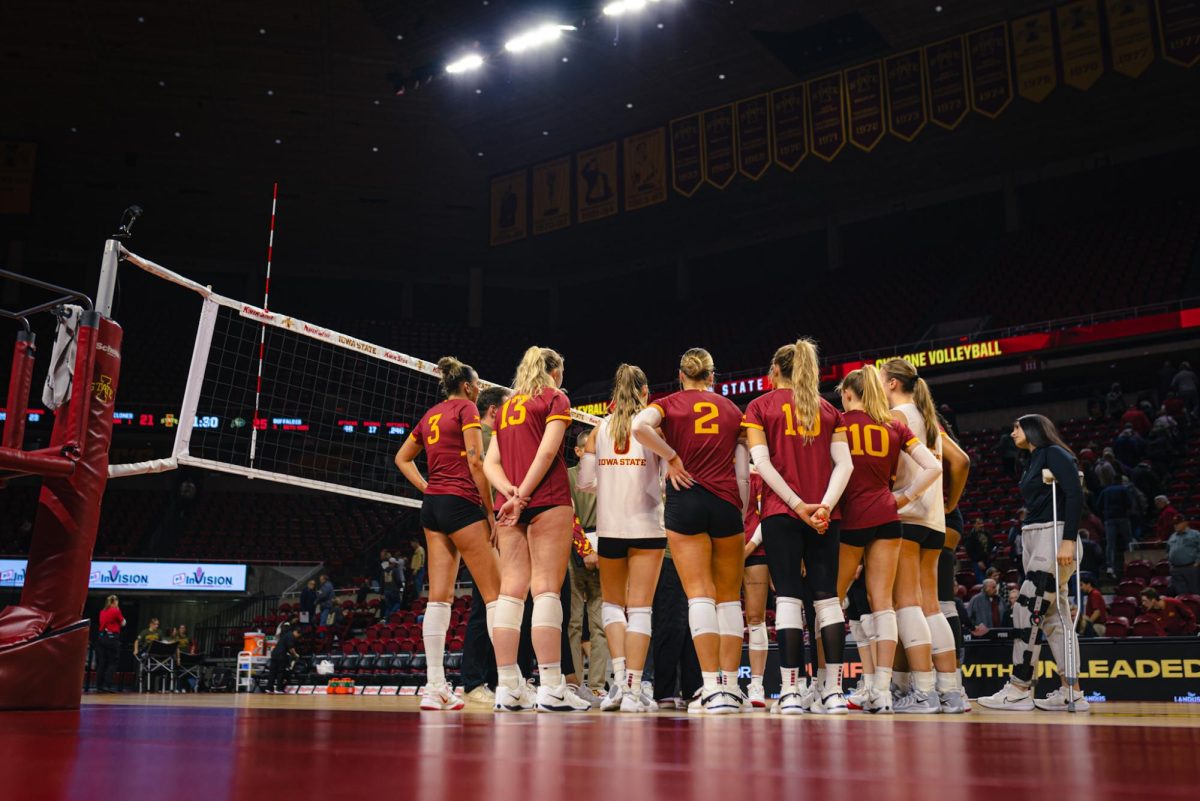Faculty will become Road
March 29, 2001
ISU faculty and staff will hit the road in April to see more of what Iowa has to offer.
More than 40 faculty and staff from the university will participate in a two-day Road Scholars bus tour of southwest Iowa, starting April 6, said John Anderson, associate director of University Relations.
The tour’s participants will be involved in tours of different high schools, industries and attractions in towns such as Jefferson, Carroll, Denison, Council Bluffs and others in the southwestern part of the state, he said.
“The ISU Road Scholars tour started in 1992 and is a good way to introduce new faculty and staff to the state and what it has to offer,” Anderson said.
Rollin Richmond, ISU provost, said when he came to Iowa State in the fall of 1999, former ISU President Martin Jischke invited him on the trip to get to know his fellow faculty and staff and Iowans.
“With a heavy heart, I decided to go,” he said. “I was new here and really busy. I wasn’t looking forward to spending two days on a bus all throughout Western Iowa.”
However, Richmond said he changed his mind halfway through the trip.
“I learned so much and had the opportunity to meet so many people,” he said. “I got a sense of what problems Iowa’s farmers were facing and how much Iowa State meant to them.”
Each year, the tour tries to escape from central Iowa to take in as much of the state as possible, Anderson said.
“We are a land-grant university, and that makes the people of Iowa are our constituents,” he said.
“The closer we can stay in contact with the people of Iowa, the better, and this tour is a great way to do that.”
Along with Richmond, ISU Interim President Richard Seagrave will be among the Road Scholars this year, Anderson said.
“It’s great when high-level university officials attend because that gives the tour a certain level of prominence,” he said.
Richmond said the trip will also let ISU officials know how Iowans feel about state Legislature budget cuts.
“This is particularly important because we’re not being very supported by the Legislature,” he said. “One way to change that is to have people talk to their representatives and say `Don’t cut it.'”






